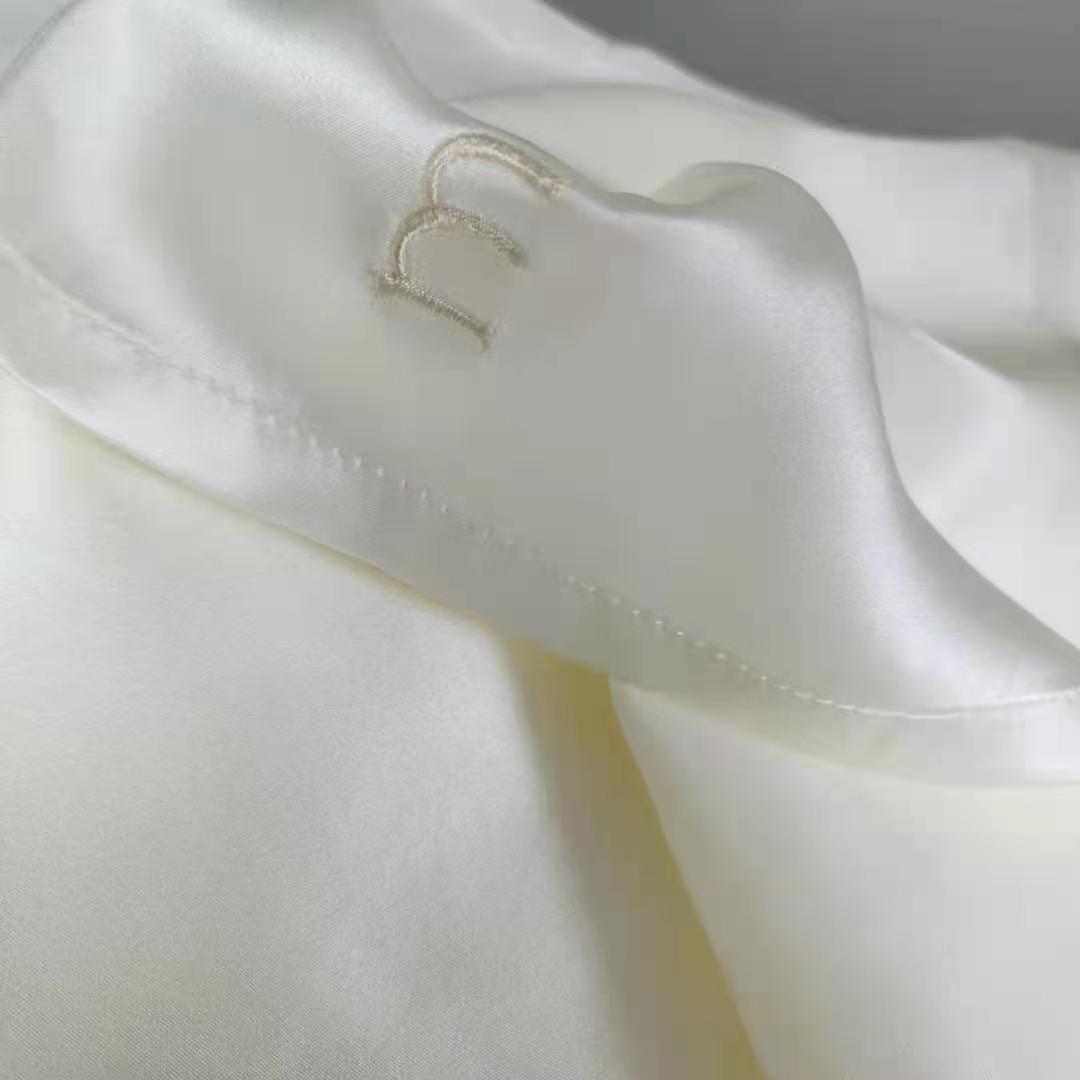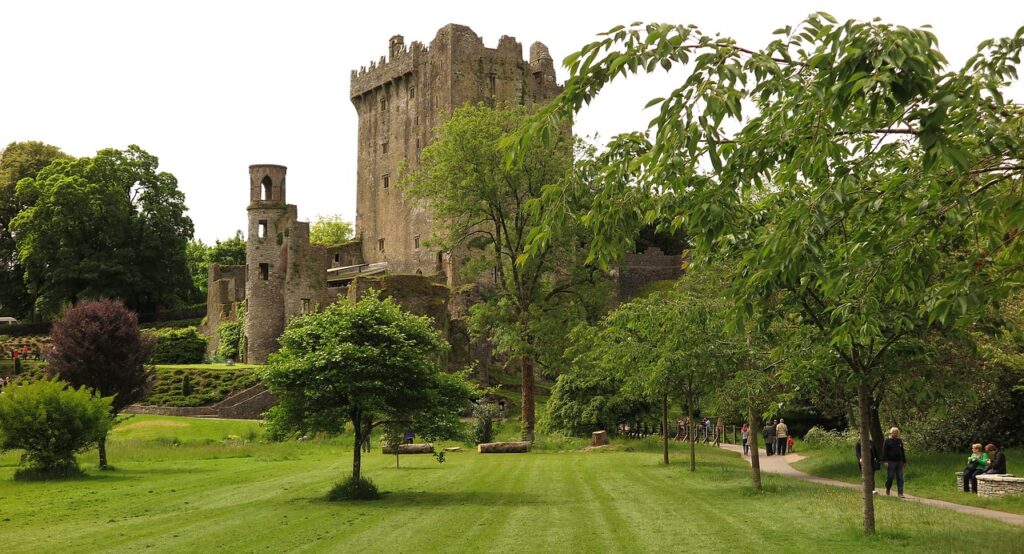Blog
What is ireland famous for ?
Ireland, a small island nation in the North Atlantic, has a rich history, vibrant culture, and breathtaking landscapes. Ireland has something for everyone, from its green hills and dramatic coastal cliffs to its vibrant cities and charming villages. But what is Ireland truly known for? In this blog article, we will look at what makes Ireland unique and special, from its iconic symbols and famous exports to its famous landmarks and cultural traditions. So take a seat, relax, and join us as we discover the many things that Ireland is famous for.
Ireland is known for its famous castles
Here are some famous castles of Ireland:
Dublin Castle
Dublin Castle, located in the center of Dublin, was built in the 13th century and served as the seat of British rule in Ireland for over 700 years. The castle, which has been converted into a museum, is open to the public and a popular tourist attraction.
Blarney Castle
Blarney Castle, located in County Cork in the south of Ireland, is a medieval castle famous for the “Blarney Stone,” a stone located within the castle walls that is said to bestow the gift of eloquence on those who kiss it.
Kilkenny Castle
Kilkenny Castle is a Norman castle built in the 12th century in the town of Kilkenny in the southeast of Ireland. The castle, which has been converted into a museum, is open to the public and a popular tourist attraction.
Dunluce Castle
Dunluce Castle is a ruined castle on the north coast of Ireland’s County Antrim. It sits atop a rocky outcropping overlooking the sea. The castle is a popular tourist destination and is said to be haunted.
Trim Castle
Trim Castle, located in County Meath in the east of Ireland, is a 12th-century Norman castle. The castle, Ireland’s largest Norman castle, is open to the public and a popular tourist attraction.
Dunguaire Castle
Dunguaire Castle is a 16th-century castle on Ireland’s west coast that is now a popular tourist destination. The castle is open to the public and hosts medieval banquets and other events.
Its natural beauty
The rolling green hills of the countryside, the dramatic coastline, and the quaint villages and towns that dot the landscape make Ireland home to some of the most breathtaking landscapes in the world.
Its iconic symbols
Ireland is known for its iconic symbols, Here are some famous symbols of Ireland:
The shamrock
The shamrock is a three-leafed clover that is associated with good luck. It is also the national symbol of Ireland.
The harp
The harp is the national symbol of Ireland and appears on the national flag and the Coat of Arms.
- The Irish wolfhound
- The Irish wolfhound is a breed of dog that is native to Ireland. It is known for its large size and gentle disposition, and is often used as a symbol of Ireland.
The Celtic cross
- The Celtic cross is a type of cross that has a circle around the intersection of the arms. It is a symbol of Ireland and is often used in Irish art and design.
The leprechaun
The leprechaun is a mischievous fairy that is popular in Irish folklore. It is often depicted as a small, stout man wearing a green suit and hat, and is known for its love of gold.
The shamrock, harp, and wolfhound are all featured on the Coat of Arms of Ireland.
Its famous exports
Ireland is known for its famous exports, including Guinness, the world-famous Irish stout, and Irish whiskey, which is known for its smooth, rich flavor.
Guinness is a world-famous Irish dry stout that has been brewed in Dublin, Ireland since 1759. The beer is known for its rich, creamy head and dark, almost black color, which is produced by roasting the barley used in the brewing process. Guinness is made from a blend of hops, barley, water, and yeast, and is known for its smooth, malty flavor and slightly bitter finish. The brand has a long and storied history, and has become synonymous with Irish culture and heritage. Guinness is one of the most popular beers in the world, and is enjoyed by millions of people in over 150 countries. In addition to its popularity as a drink, Guinness has also been the subject of numerous marketing campaigns and has played a central role in Irish culture and society.
Its famous landmarks:
Ireland is home to a number of famous landmarks, including the Cliffs of Moher, the Giant’s Causeway, and the Rock of Cashel.
The Cliffs of Moher
Located in County Clare on the west coast of Ireland, the Cliffs of Moher are a series of towering cliffs that rise up to 214 meters above the Atlantic Ocean. The cliffs, which stretch for 8 kilometers, offer breathtaking views of the coastline and are a popular tourist destination.
The Giant’s Causeway
Located in County Antrim on the north coast of Ireland, the Giant’s Causeway is a series of interlocking basalt columns that were formed by ancient volcanic activity. The causeway, which is made up of over 40,000 basalt columns, is a UNESCO World Heritage Site and is one of the most popular tourist attractions in Ireland.
The Rock of Cashel
Located in County Tipperary in the south of Ireland, the Rock of Cashel is a group of medieval buildings that sit atop a rocky outcropping. The buildings, which include a castle, a chapel, and a round tower, date back to the 12th century and are a popular tourist destination.
The Burren
Located in County Clare on the west coast of Ireland, the Burren is a unique landscape that is characterized by its rocky terrain and ancient megalithic tombs. The Burren, which is a designated National Park, is home to a wide variety of plant and animal life and is a popular destination for hikers and nature enthusiasts.
The Ring of Kerry
Located in County Kerry in the south of Ireland, the Ring of Kerry is a circular drive that takes visitors through some of the most beautiful and picturesque parts of the county. The drive, which is around 180 kilometers long, offers stunning views of the coast, the mountains, and the countryside, and is a popular tourist attraction.
Its cultural traditions:
Ireland is well-known for its cultural traditions, such as St. Patrick’s Day, a national holiday commemorating Ireland’s patron saint.
Saint Patrick’s Day is an Irish national holiday observed on March 17th. The holiday honors Saint Patrick, Ireland’s patron saint, who is credited with introducing Christianity to the country in the fifth century. People in Ireland and around the world celebrate Irish culture and heritage on Saint Patrick’s Day. Parades and festivals are held in cities and towns throughout Ireland, and people often wear green, the color associated with Saint Patrick and Ireland.
Traditional Irish music, dance, and food are also important components of the celebrations. Popular foods on Saint Patrick’s Day include bacon and cabbage, Irish stew, and Guinness, the famous Irish stout. The holiday is also a time for people to come together to celebrate Irish history and culture, as well as to honor Saint Patrick’s contributions to Ireland and the world.
Ireland is the origin of Halloween !
Halloween, which is celebrated on October 31st, has its origins in Ireland. The holiday, which was originally known as Samhain, was a celebration of the end of the harvest season and the beginning of the dark winter months. The Celts, who lived in Ireland over 2,000 years ago, believed that on Samhain, the boundary between the world of the living and the world of the dead became blurred, and the spirits of the dead were able to return to the land of the living.
To honor and appease these spirits, the Celts would build bonfires and offer food and drink sacrifices. They would also wear animal skin costumes to ward off evil spirits. The holiday eventually spread to other parts of Europe, and then to the United States, where it became known as Halloween.








